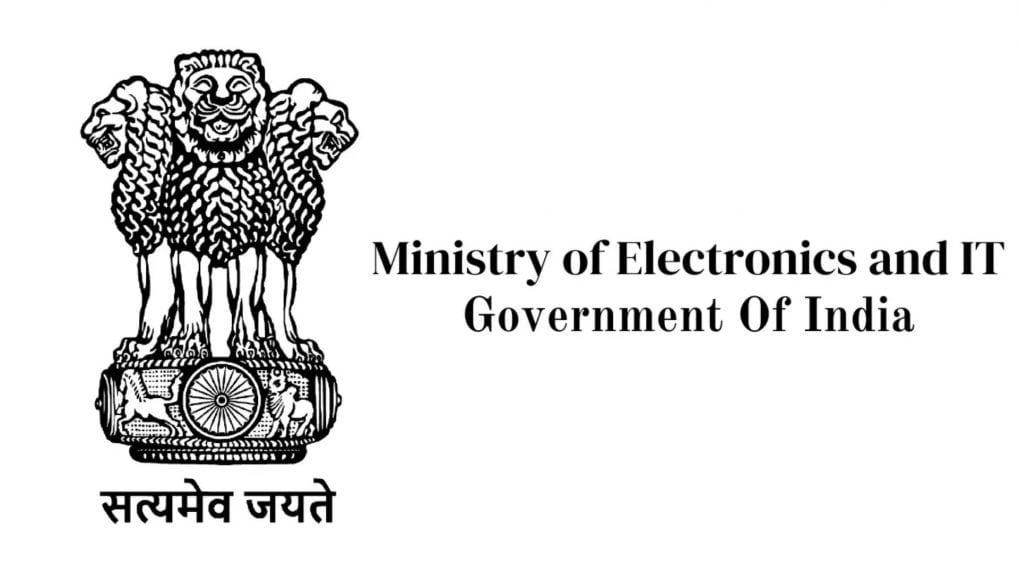Advertising
From Pink Slips to Silent Sidelining: Inside adland’s layoff and anxiety crisis

The Ministry of Electronics and Information Technology (MeitY) has extended the deadline for stakeholders to submit comments on the draft amendment to the Information Technology (Intermediary Guidelines and Digital Media Ethics Code) Rules, 2025, till November 13.
The draft, notified in October, aims to strengthen accountability for synthetically generated and AI-modified content across digital platforms. Earlier, MeitY had invited feedback by November 6.
Under the new proposals, any content created, altered, or modified by computer resources to appear real will fall under the definition of “synthetically generated information.” Social media intermediaries- particularly the larger ones with over 5 million registered Indian users- must now label such content, embed metadata identifiers that cannot be tampered with, and verify user declarations before publication.
In practical terms, platforms like Facebook, YouTube, Instagram, and X would need to ensure that AI-generated visuals cover at least 10% of the screen area or initial audio duration, clearly signalling to users that the content is synthetic. They must also deploy automated tools to detect undeclared AI content, failing which they risk losing “safe harbour” protection under the IT Act for due diligence lapses.
For the Indian digital ecosystem- home to the world’s largest social media user base and rapidly growing AI adoption- the draft rules could be a turning point.
Storyboard18 earlier reported how stakeholders have sought extension on the comments.
The amendment also clarifies that removal or disabling of access to synthetically generated content in compliance with grievance mechanisms does not amount to a violation of existing intermediary liability protections.
The original IT rules were first published in February 2021 and have since undergone amendments in October 2022 and April 2023. The 2025 amendment expands the regulatory framework to cover the growing use of AI and synthetic content on online platforms.
MeitY earlier said the move is part of its broader push to maintain an “open, safe, trusted and accountable Internet” while addressing growing risks of misinformation, impersonation, and election manipulation driven by generative AI.
From purpose-driven work and narrative-rich brand films to AI-enabled ideas and creator-led collaborations, the awards reflect the full spectrum of modern creativity.
Read MoreLooking ahead to the close of 2025 and into 2026, Sorrell sees technology platforms as the clear winners. He described them as “nation states in their own right”, with market capitalisations that exceed the GDPs of many countries.